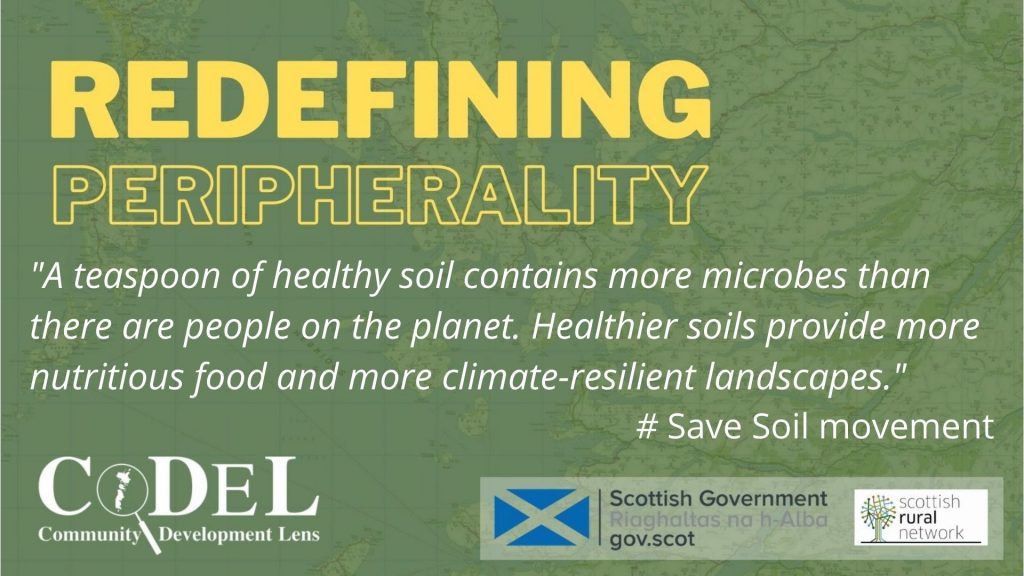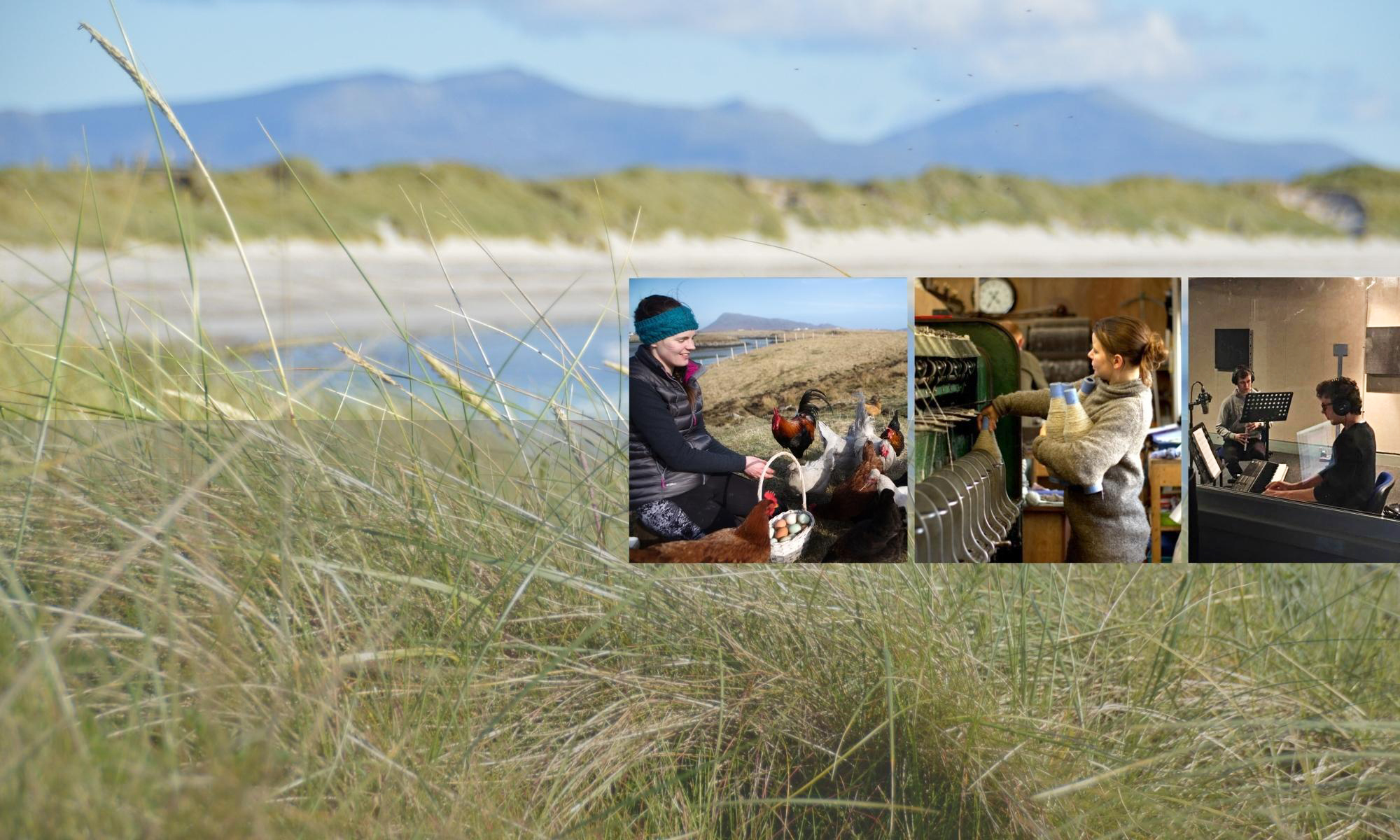
The Food and Global Security Network have reported that soil should be politically recognised as a strategic asset, as its ability to produce food underpins peace and civil stability. The #SaveSoil movement is backed by global agencies such as the UN Convention to Combat Desertification and the World Food Programme which works to enable farmers to decide themselves how best to bring back more organic content into the soil. At the Oxford Real Farming Conference in January (see our blog post on 21Jan22), it was said that an organic carrot may have as much as six times more nutrient value than a mass produced carrot.
In the midst of serious turmoil in the world both from conflict in Europe and soaring Arctic and Antarctic temperatures, being some 30 and 40 degrees warmer than they should be this time of year, now, more than ever we should look for some of the answers no further than ‘under our feet’.
It has suddenly become very important to reconsider soil from which intensive extraction has been practiced for the last two or three generations, compensated by massive inputs of fertilisers and pesticides. In the UK alone, around 43cms/17inches of soil has been lost in the last 18 years.
Jaggi Vasudev, an Indian spiritual leader has become so concerned about the loss of the world’s soil he is travelling from London to India through Europe and the Middle East, by motorcycle, to spread his message as a contribution to waking up the world to what is happening to the one thing that physically nourishes us – the soil beneath our feet. He says:
“Soil can be enriched by introducing cover crops and more vegetation or adding plant litter and animal waste. Increasing organic matter improves soil structure, aids water retention, reduces erosion and boosts biodiversity. A teaspoon of healthy soil contains more microbes than there are people on the planet. Healthier soils provide more nutritious food and more climate-resilient landscapes that are better able to cope with extreme weather events, such as floods.” (For more on microbes, including a cross section through a landscape in the Arctic and Taiga/Boreal forest, see here.)
It has suddenly become very important to reconsider soil, where intensive extraction has often decimated ecosystems, had enormous environmental impacts and is part of a GDP commoditised market which means that today the viability and productivity of monoculture farming is looking less viable than ever (the loss of soil in the UK in the last 18 years is truly staggering).
In addition, much land is being lost to sustainable food production, across England, Scotland and Wales, where vast tracks of land are being bought on the open market, an unregulated ‘free’ market. The drive by corporate business is to ‘off-set’ carbon by ‘abandoning’ the land to nature, or by planting trees. Such land purchases are to offset their actions, that may be as far away as the other side of the world, on a financial balance sheet of carbon credits. This is increasingly referred to as ‘greenwashing’, as it does little to improve our soil or feed our nations at a time when Britain imports 42% of its food.
As we quoted in our blog post on 10 March, “This doesn’t stop [companies] polluting, just helps them to shift the blame and to let them off the hook.” (Gareth Wyn Jones, Sheep and beef farmer, TV Presenter)
As the statement from Jaggi Vasudev said, soil can be enriched by the introduction of crops, vegetation or by adding animal waste. We need to look in completely new ways at nurturing soil and producing food locally and sustainably. As an example relevant to my own islands, grass that is not grazed, fades. In hay meadows that are not grazed, dominant species thrive, diminishing biodiversity. We need to look again at large herbivores who contribute to the soil by their very action of grazing, walking and ‘feeding’ the land.
Whatever solutions are put forward, they need to be considered not only in terms of the demands of the climate emergency, but also in the context of what the land in a country is for. Surely feeding its people, and sustainably, should be top of the list?

